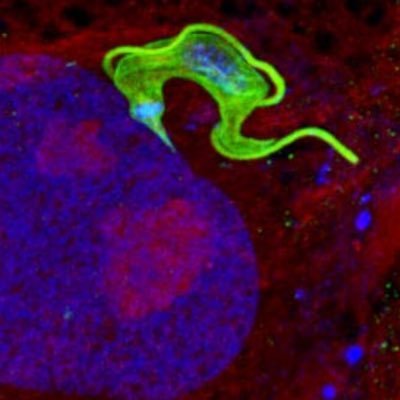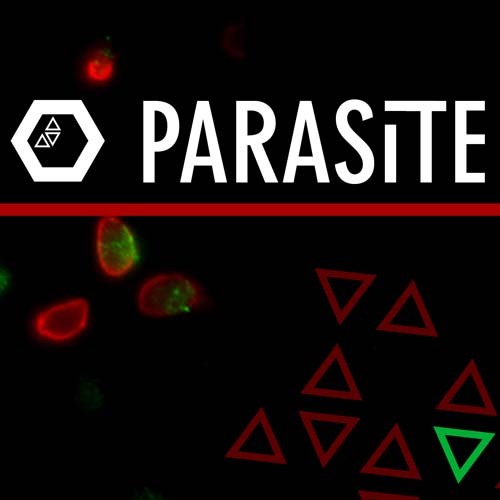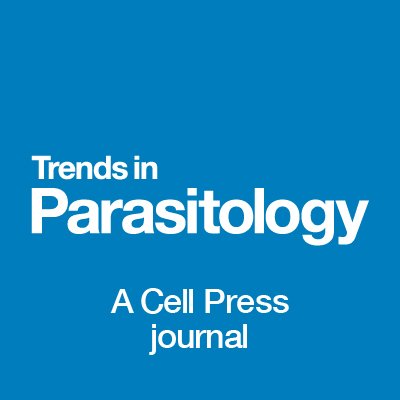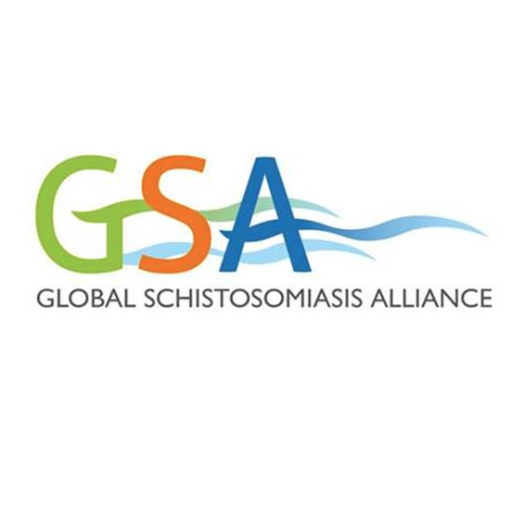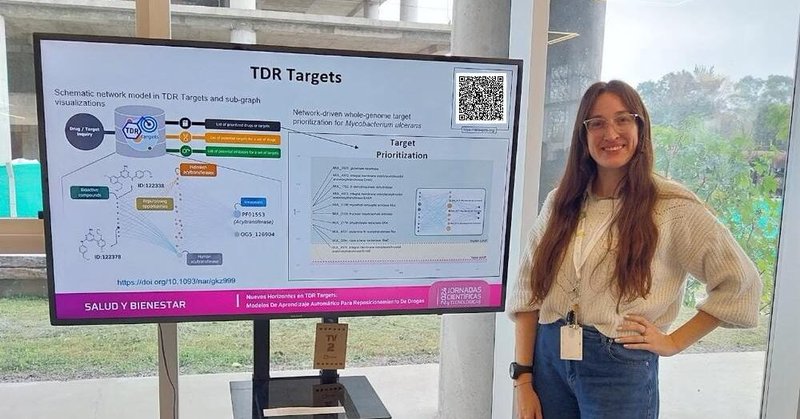
HUGS
@HUGS_LSTM
Followers
714
Following
1K
Media
129
Statuses
819
HUGS: Hybridisation in UroGenital Schistosomiasis PIs: @StothardRuss & @JanelisaMusaya Funders: @wellcometrust @NIHRresearch
Malawi
Joined August 2021
New blog on #schistosomiasis online https://t.co/Avy8wlU1lH featuring our community engagement in Mangochi District @elimin8schisto @LSTMnews
lstmed.ac.uk
Helping the HUGS team with this was Peter Makaula, who, in liaison with the MLW Communication and Public Engagement Department, conducted an on-site visit to Samama in Mangochi District. There, with
0
2
3
We have another publication out! 🎉🎉🎉 “Hybrids along a natural–anthropogenic gradient: improving policy and management across all levels of biodiversity.” We explore how to deal with hybrids in conservation — scientifically and practically. A thread 🧵 https://t.co/UC8CDFFUJD
conbio.onlinelibrary.wiley.com
Hybridization has long been a central topic in evolution and conservation. Recent developments in genomics have increased the ability to detect hybridization, defined here as breeding between...
2
3
6
🐒🦟 Primate malaria is on the rise, with global health implications far beyond SE Asia. Be part of the conversation and submit to Parasitology’s Special Issue on #PrimateMalaria & #Zoonosis: 🔗 https://t.co/LXke79p4re 🗓️ Deadline: 31 Dec 2025 #parasitology #onehealth
0
6
8
Happy to contribute to the Parasite of the Month series in @TrendsParasitol with our article on the neurotropic schistosome Trichobilharzia regenti! 🧠🔬 https://t.co/wKKUn2ZW2A
0
2
6
𝗡𝗲𝘄 𝗽𝗮𝗽𝗲𝗿 𝘁𝗼𝗱𝗮𝘆: Molecular analysis of DHFR and DHPS gene mutations in Plasmodium cynomolgi from humans and macaques in Southeast Asia https://t.co/YlI0JbaKkO
0
4
13
New Vector of the Month alert! #Hyalomma #lusitanicum, transmitting #Theileria #annulata, #Coxiella #burnetiid, and potentially Crimean–Congo hemorrhagic fever virus #CCHFV, authored by @JulsGGlez María Sánchez, Ángeles Sonia Olmeda & @raphmtrs. #wildlife
https://t.co/BZ44Cl24BZ
0
5
11
You can view our 'One Health, One Environment, One Future' article collection on the Cambridge Core website: https://t.co/jf9xmZaI1p
#worldenvironmentalhealthday2025
cambridge.org
Welcome to Cambridge Core
Every year, September 26 is observed as World Environmental Health Day, raising awareness about the crucial link between our environment and human health. To mark this day, here are 5 recent research papers that explore how environmental factors shape health and disease dynamics
0
1
3
🌍 Call for Papers | African Parasites Special Issue Showcasing the diversity & global relevance of parasitological research across Africa. Deadline: 1 Mar 2026 Submit here 👉 https://t.co/IINPaXSfGI
#Parasitology #OneHealth #AfricanParasites #ICPOW
0
8
9
Going to 14th European Congress on Tropical Medicine and International Health #ECTMIH2025 ? Wondering which sessions to go to & what to look out for? Check out this list of #schistosomiasis related sessions, talks and posters here: https://t.co/Wx8owCIGBp
#BetterHealthForAll
0
2
3
📢 New podcast: A holistic view of health 🎧 Our latest Infectious Conversations episode explores One Health, a holistic approach that connects people, animals and the planet. 🎧 Listen: https://t.co/cSa9o2YHZo
0
2
4
The time has come!! Each year we change the front cover image of the journal, and each year we invite you to submit your best parasitology images to be considered for the cover. Find the details here: https://t.co/fLVRvWMHJs
0
6
15
New study out! 🚨 For the first time, we tracked Trichobilharzia franki, a major cause of swimmer’s itch in Europe, in the lab. 🪱🔬 From genetics to pathology & immunity, our findings shed new light on this tricky parasite and its role in outbreaks. https://t.co/t3rguHmwLH
1
3
8
First, we analyzed the genetic variability of our T. franki samples. Although the parasite is known to have several haplotypes across Europe, all Czech samples were identical – even though they came from four sites >100 km apart.
1
1
1
🔬 A huge thank you to Prof. Laura Rinaldi for representing #Parasitology, connecting with colleagues & raising awareness of our impact at #WAAVP2025 in Curitiba 🇧🇷! Nearly 700 participants from 49 countries came together to share advances in #parasitecontrol 🐾📚
0
4
17
📢 Open Call! Inspired by the Symposium at #WAAVP2025 (Curitiba 🇧🇷), #Parasitology will publish a Special Issue on Global Perspectives on #LiverFluke Epidemiology. We’re welcoming contributions from researchers worldwide. Submission details coming soon! 🔗 https://t.co/zohJx5tYqy
0
3
9
🐒🦟 Primate malaria is on the rise, with global health implications far beyond SE Asia. Be part of the conversation and submit to Parasitology’s Special Issue on #PrimateMalaria & #Zoonosis: 🔗 https://t.co/LXke79p4re 🗓️ Deadline: 31 Dec 2025 #parasitology #onehealth
0
8
15
Short blog post on linking One Health pathogen surveillance through our @HUGS_LSTM snail faecal sampling ->
lstmed.ac.uk
We recently proposed a rationale for connecting AMR surveillance with schistosomiasis research. This approach not only optimises sample usage but also reflects the interconnected nature of parasite
0
2
5
To recognise #WorldMosquitoDay2025 we are highlighting new research published in Parasitology over the next few days. First up, some statistics! Find out about the best approaches to modelling malaria infection in these important disease vectors:
cambridge.org
When a mean can be meaningless: evaluating mosquito infections with Plasmodium parasites - Volume 152 Issue 9
1
3
12
We’re thrilled to welcome @FINDdx to the #FGSchisto Integration Group (FIG) 🙌 A global leader in diagnostic innovation, FIND is committed to ensuring no woman or girl affected by FGS is left undiagnosed or untreated. https://t.co/H7Guhk5JIj
2
4
6
At @JnlParasitology, we’re fortunate to have passionate social media editors who help share our authors’ discoveries and make their work more accessible to our readers. Meet @MMDidierGarnham, one of our dedicated editors, in this Q&A:
cambridge.org
Welcome to our “Meet the Editors” series, where we interview the editorial team about their work and their relationship to the journal. In this post we meet Mercedes Didier Garnham, Social Media...
1
2
12
An important output from @HUGS_LSTM from our #FGS sub-study and highlights that you can see viable schistosome eggs (and individually genotype them) in CVL https://t.co/s7JCCNBfTE
@LSTMnews @elimin8schisto @unlimit_health
cambridge.org
Microscopic detection and genetic characterization of schistosome eggs within cervicovaginal lavage sediments from cases of female genital schistosomiasis
0
2
5



